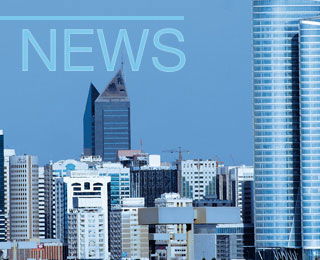Heidelberg Materials, via its subsidiary Indocement, has signed an agreement to acquire 100 per cent of the shares in PT Semen Grobogan’s integrated cement plant located in Central Java, Indonesia. The plant started commercial production in 2022. With this investment, Heidelberg Materials further strengthens its footprint in Indonesia, one of the company’s core markets in Asia-Pacific.
The Semen Grobogan cement plant has a capacity of 1.8Mta of clinker and 2.5Mta of cement with limestone reserves lasting for more than 50 years. The parties have agreed not to disclose the purchase price.
Dr Dominik von Achten, chairman of the Managing Board of Heidelberg Materials, said, “As part of our ongoing portfolio optimisation, we are making an exciting step in the growth market Indonesia. Heidelberg Materials has been active in Indonesia for more than 20 years. With this investment, we are now strengthening our presence in one of the most populated regions in Indonesia, where we expect further market growth driven by the growing retail market, developing industrial areas, and major infrastructure projects. As frontrunners of decarbonisation in the emerging markets, we continue to drive our ambitious carbon reduction targets at all our sites in Indonesia including the new cement plant.”
According to the company, the investment in Semen Grobogan will enable Heidelberg Materials to leverage significant synergies with its existing businesses in Indonesia regarding logistics, use of alternative fuels, as well as transfer of technical and sustainability know-how.
As part of the company's global climate strategy, the new plant will also develop a tailored CO₂ roadmap with concrete measures to accelerate the reduction of carbon emissions. Furthermore, the plant’s limestone reserves complement the existing reserves of Indocement in Central Java. Through its subsidiary Indocement, Heidelberg Materials already operates four cement plant complexes with 14 lines in Indonesia, including the Citeureup plant in West Java, which is one of the world’s largest cement plants, and the recent Maros plant under leased arrangement in South Sulawesi.
